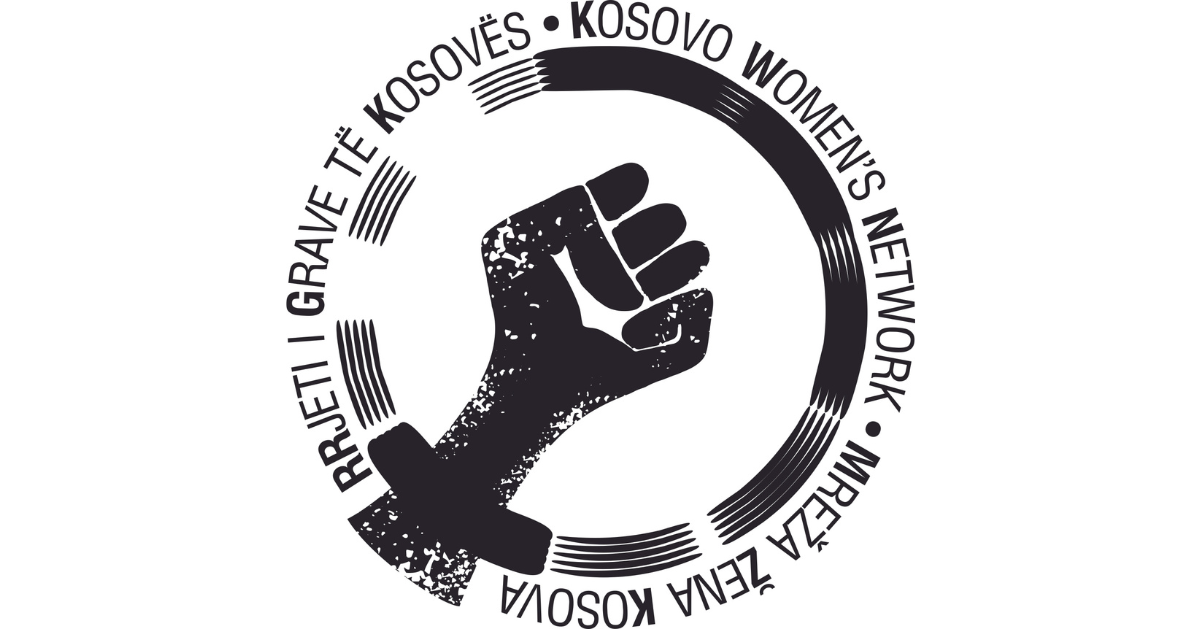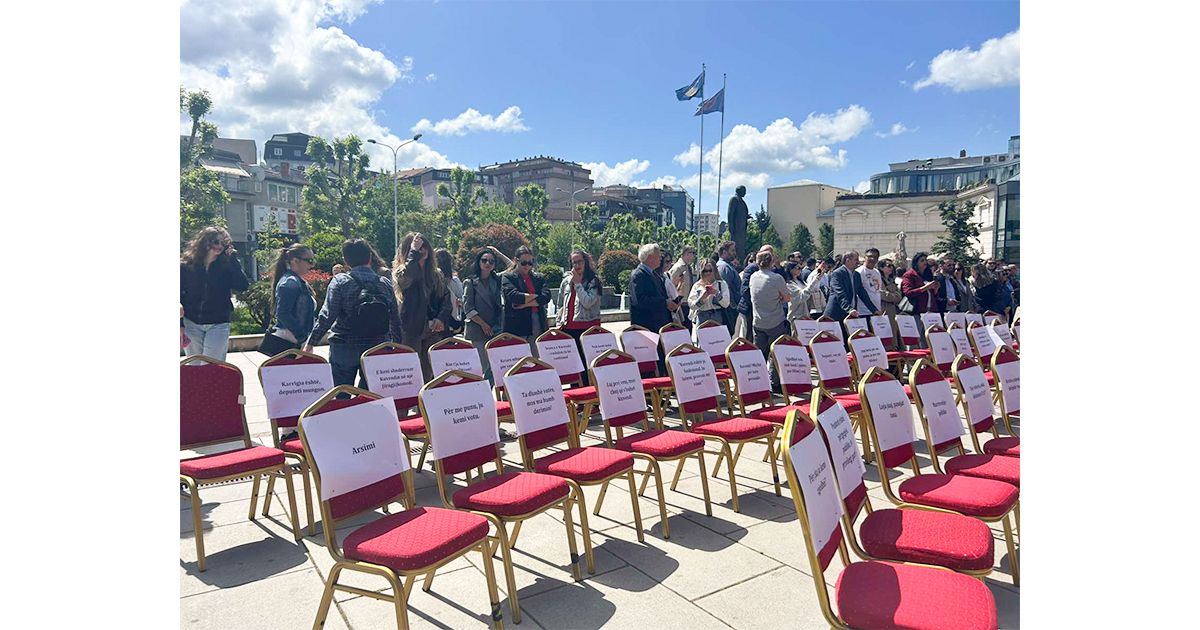The Executive Board of the Kosovo Women’s Network (KWN), along with the KWN management team, concluded the year with their final meeting for 2023. This marked the third consecutive meeting, held online on November 17.
During the meeting, the Board received and approved the narrative report on the implementation of the KWN Strategy programs for 2023-2026 and the financial report. Various significant issues were discussed, covering challenges, achievements, advocacy, meetings, and fundraising for the future.
Considering the postponement of the Annual Assembly of Members, typically held in December, to the first months of 2024 due to changes in the Statute of the KWN and in accordance with the revised Law on Freedom of Association in Non-Governmental Organizations, the board made the following decisions:
1) The mandate of the current board members will last until the next Annual Assembly, at which new members will be elected for those whose mandate is transferred;
2)The final meeting of the Board, where KWN reports for the last part of the year, will be postponed to the beginning of the next year when all information is complete.
During this two-hour meeting, Board members made invaluable contributions, consistently providing support and offering ideas to overcome any challenges that arose. They also took the opportunity to express their appreciation for the collective achievements over the years. To further explore and develop the many ideas discussed, the Board, in collaboration with the KWN, decided to organize a retreat in 2024.
Emphasizing the importance of transparency and accountability for optimal organizational functioning, KWN remains committed to reporting to the Assembly of Members annually and to the Executive Board as an intermediary and crucial body. The organization extends its gratitude to everyone for their continuous cooperation and unwavering support, contributing to the advancement of women’s rights and gender equality in Kosovo and beyond.



